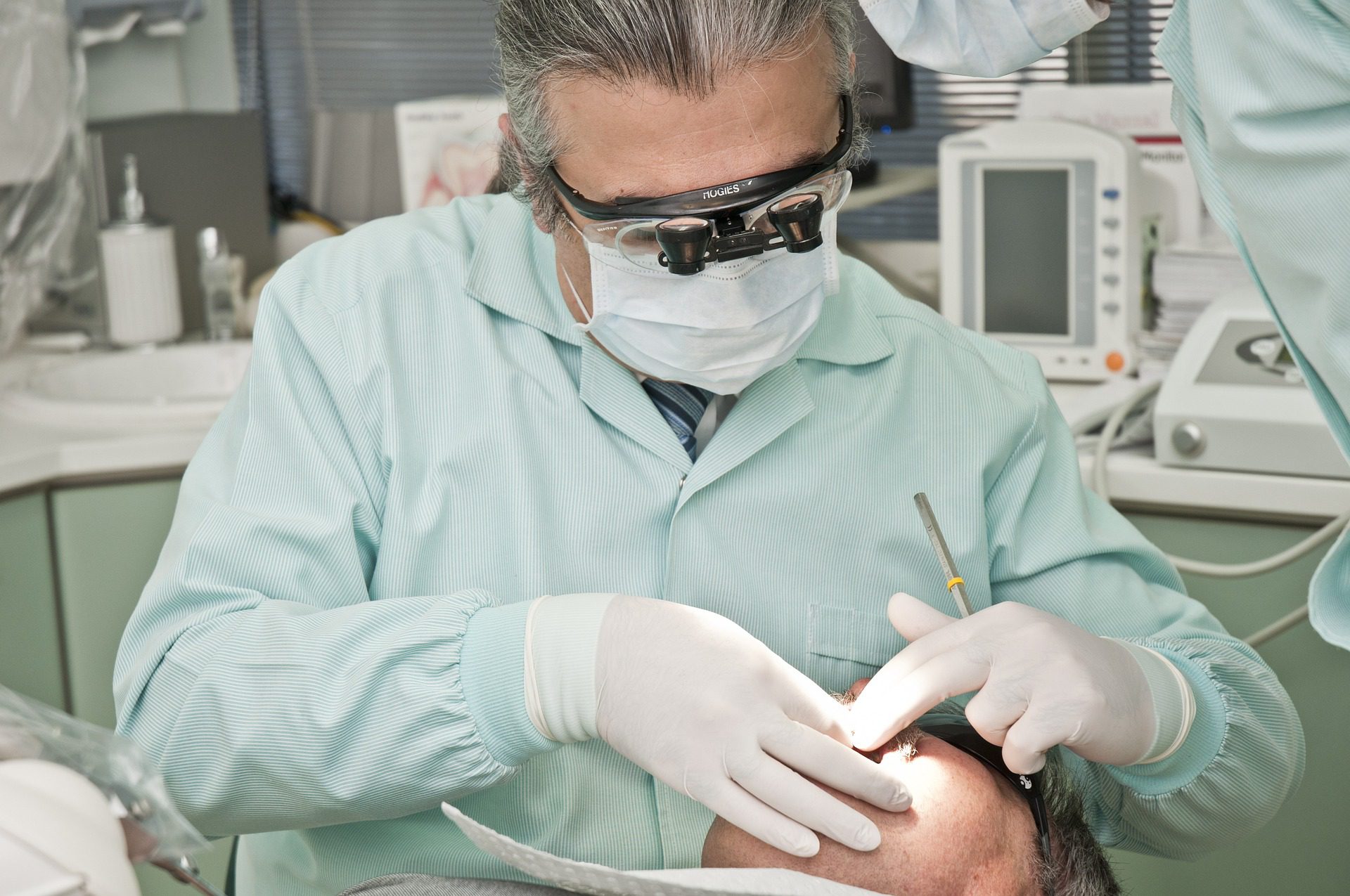What Is Root Canal Treatment?
Unfortunately, pop culture has associated the words “root canal” with this horrible idea of dentist drills and patients squirming in their chairs. But this could not be farther from the truth.
Root canal treatment is a common dental procedure, and no, root canals are not painful.
Here’s everything you need to know about a root canal procedure in Norwalk, California, and how it can improve your dental health long term.
What Exactly Is a Root Canal?
The goal of root canal treatment is to remove infected pulp from the interior of a tooth. Patients may need this for several reasons. It may be the result of an untreated cavity, or it’s possible that a damaged tooth received a bacterial infection. In any case, root canals are intended to keep the infection from spreading.
How Root Canal Treatment Works
A root canal procedure is what removes the infection from the soft area inside your tooth that contains the tooth’s nerve, connective tissue, and blood vessels. After removing the infected pulp, your dentist will carefully clean and disinfect the tooth, fill it, and seal it. Patients are under local anesthesia the whole time, so root canals are not painful.
Step 1
At the beginning of your root canal procedure in our Norwalk office, Dr. Abad will apply some numbing medication to the gum tissue near your infected tooth. Then, she will inject an anesthetic into the gum. During this step, you might feel a slight pinch or pressure, but this sensation will quickly fade.
Step 2
Once your tooth and gums are numb, Dr. Abad will create a tiny opening on the top part of your tooth. This is necessary to expose your damaged or infected pulp. Next, she will carefully remove the pulp using tools known as files. Remember, a root canal is what cleans out your infected tooth. The dentist will make sure to remove all of the damaged pulp.
Step 3
After your infected pulp is gone, Dr. Abad may coat the inside of your tooth with an antibiotic to make sure your infection has been eliminated. This will also help with preventing reinfection. Afterward, she will seal your tooth with a paste to protect it.
Step 4
Finally, Dr. Abad will fill your tooth’s opening with a temporary material. The temporary filling, or sealant, will prevent your saliva from damaging the interior of your tooth. You may also receive a temporary crown to cover the tooth. Then, you’ll schedule a follow-up visit.
What Is a Root Canal Procedure Follow-Up?
Your follow-up visit to our office in Norwalk takes place several days after your root canal treatment. During this visit, the dentist will take X-rays to make sure your infection is eliminated. Dr. Abad will also replace the temporary sealant with a long-lasting filling.
It’s best to avoid chewing food with your treated tooth until your permanent filling or dental crown has been placed on the tooth. A dental crown is a realistic-looking artificial tooth made from a material like gold or porcelain. It might take you a few weeks to become accustomed to the feel of a crown, but you likely won’t notice it long term.

Signs You Need a Root Canal Procedure
As you learn what root canal treatment is, it’s important you understand the symptoms that point to the need for root canal therapy. These include the following:
- Gum darkening
- Deep decay
- Tender or swollen gums
- Sensitivity to cold or heat that lingers
- Chipped tooth
- Gum pimples
- Severe pain during biting or chewing
You might also need to undergo root canal treatment if you’re having dental issues due to a prior dental filling. Other reasons for needing a root canal include cracked teeth stemming from an injury or even genetics.
Are Root Canals Painful?
This is one of the most commonly asked questions about root canal treatment. We promise that root canals are not painful. It may be a little uncomfortable to sit in the chair and keep your mouth open, but you will receive anesthesia around the treated area, so you will not feel the actual procedure.
During the few days after your root canal, you may feel some soreness or swelling of your gums. This usually clears up with over-the-counter pain medication, like ibuprofen or acetaminophen. Contact our office if your pain becomes excessive or lasts longer than a handful of days.
Remember, a root canal is what removes bacterial infections that may be currently causing tooth pain or temperature sensitivity. Most patients agree that the daily pain of a tooth infection is far worse than root canal therapy.

Typical Cost of a Root Canal
Root canals in Norwalk carry different price tags depending on your unique situation. For instance, a root canal on your front tooth may cost between $600 and $1,100 without insurance. For a bicuspid, which is located in the middle of your mouth, the cost may be $100 higher. Meanwhile, a molar root canal may be about $300 more than a front tooth. A molar root canal is more expensive because molar teeth are more challenging to treat.
Fortunately, the majority of dental insurers provide partial coverage for root canals. Also, keep in mind that the cost of a root canal is generally cheaper than having your tooth extracted and replacing it with a dental bridge or dental implant.
Schedule a Visit Today at Alondra Dental Care
At Alondra Dental Care, we’re well known for delivering exceptional dental service when performing root canal treatment and other procedures. We do this by genuinely listening to our patients and using state-of-the-art equipment. In addition, we offer a clean, comfortable, and thoroughly sterilized environment.
We also provide easy access to dental care thanks to our extended office hours, appointment reminders, and quick turnaround time on calls and appointment requests. We would be happy to answer any questions you may have over the phone, via email, or in the office.
Get in touch with us to learn more about what root canal treatment is in Norwalk, and book an appointment with us today!




